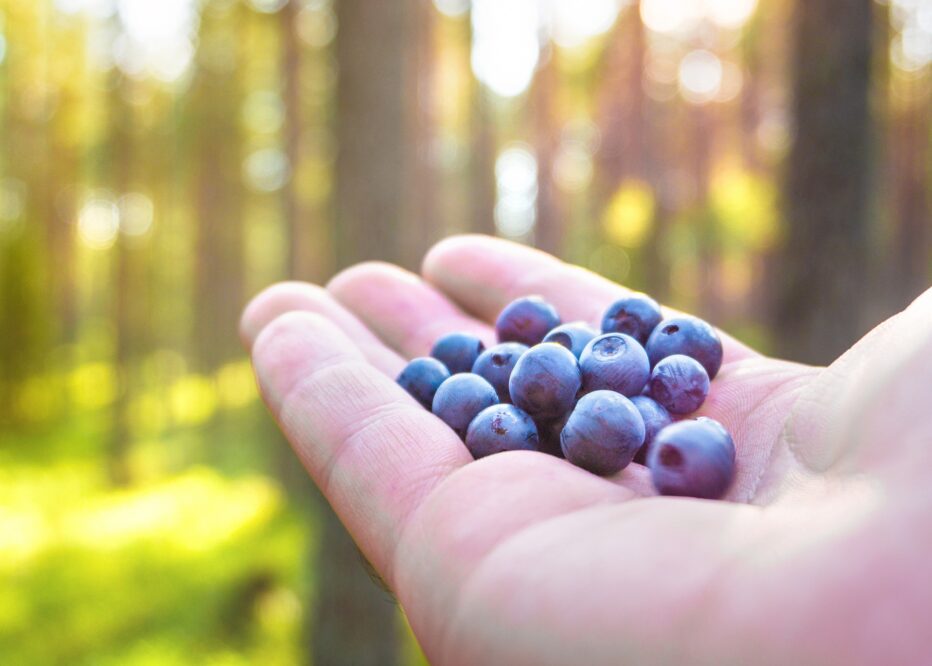YRITTÄJÄ, tule mukaan omiesi pariin! Liity Yrittäjiin.

Visa restrictions for Thais worry berry companies
Berry sector business association says visa change comes far too close to the picking season.
The berry sector fears that the foreign ministry’s decision to stop processing wild berry pickers’ Schengen visa applications could lead to several companies being wound up.
The foreign ministry announced its decision on 15 March. The Finnish embassy in Bangkok will stop processing applications from Thailand, Cambodia and Myanmar. Applicants from these countries will thus not receive visas for berry picking in Finland this summer.
Birgitta Partanen, the Executive Director of the sectoral business association Arktiset Aromit, considers the timing of the visa ban wrong.
“The changes are being proposed far too late. If they had summer 2024 in mind, they should have started a year ago. Now, however, we should be thinking about 2025. Changing the visa practices on this schedule is too drastic a change.”
Arktiset Aromit is a national association representing businesses in the natural product sector (wild berries, mushrooms, herbs and specialized natural products). Partanen says that the association is now lobbying to ensure the procedures this summer are the same as last summer, and that changes to visas only enter into force next year.
The alternative to the visa is a worker’s residence permit. Partanen says that this is not a good option for many companies.
“If the only option is work permits, some companies will consider shutting down. Whatever happens, work permits would mean increased costs for companies and pickers, because the additional expenses would be deducted from wages. That wouldn’t necessarily lead to better wages for pickers.”
Partanen says that there were no extensive problems noted when natural berry pickers came to Finland on a visa last year.
“My own view is that last year was an improvement. Most of the pickers come to Finland year after year and are satisfied.”
Many open questions
Under the “Berry Act” (Act on the Legal Status of Foreigners Gathering Natural Produce), berry pickers are not considered as being employed. Rather, they are thought to operate on their own business risk.
It is still unclear how companies would interpret employment contracts.
“Would the working hours be eight hours a day five days a week, like in many other sectors? What happens if the picker wants to pick berries in their free time? How would that be monitored and where would the limits be?” she asks.
Partanen believes that the berry pickers have had good opportunities to influence how they work.
“Under the ‘Berry Act’, a picker can choose their own working hours and break times. If working time were limited to a normal eight hours in future, the special nature of the sector wouldn’t be considered. Picking wild berries can’t be compared to any other work. If a picker goes out in the morning and finds a really good spot, they might not want to leave it after eight hours and leave that good spot to others.”
The foreign ministry already reduced its intake of wild berry pickers’ visa applications last year. This saw the number of visas issued halve compared to 2022.
The Government’s aim is to find a longer-term solution for wild berry pickers from the 2025 harvest season onwards.
The background to the visa decision is breaches suffered by Thai berry pickers. In January, a public prosecutor brought charges against the CEO of the Kiantama company of over 50 counts of gross human trafficking. The charges relate to events in 2022.
Berries from abroad?
If there are not enough pickers, the levels of berries picked may drop dramatically. Large volumes of berries are needed for industry, such as for frozen foods and berry products. Up to 80–90% of berry pickers have been from abroad.
“Maybe we can bridge the gap a little with Finnish employees, but most Finns generally pick berries for domestic consumption.”
Partanen fears that the effect of the insufficient number of pickers will be seen on the shelves next winter.
“Or the processing companies will have to buy berries from abroad, such as from Sweden.”
Are you a Suomen Yrittäjät member yet? Read about member benefits and advantages

Pauli Reinikainen
pauli.reinikainen@yrittajat.fi